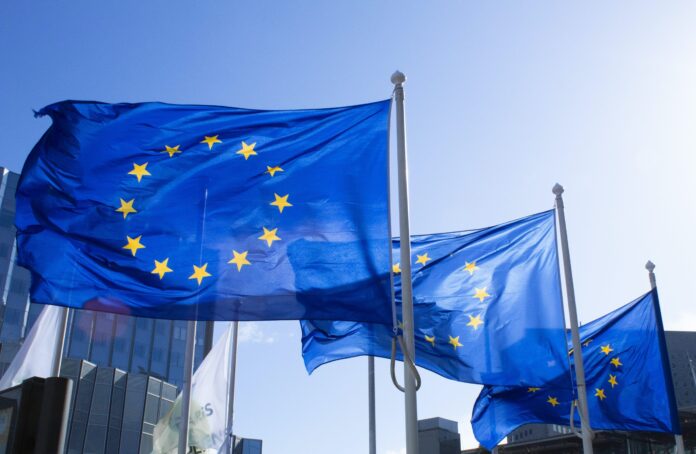The United Kingdom and the European Union have agreed on the most comprehensive revision of their bilateral relationship since Brexit, finalizing arrangements on defence, trade, migration, and energy cooperation.
In a significant shift from earlier Conservative policies, Britain’s Labour government has agreed to a formal security and defence partnership with the EU. Both sides emphasized the growing need for closer European defence collaboration amid Russia’s ongoing war in Ukraine and U.S. calls for NATO’s European members to increase their contributions. This agreement will allow British firms access to the EU’s €150 billion ($167 billion) defence rearmament program and pave the way for UK participation in EU civilian and military crisis response efforts, as well as joint procurement initiatives.
In a separate “common understanding” document, the two parties detailed their alignment on food and agricultural regulations. A Sanitary and Phytosanitary (SPS) agreement aims to reduce border checks on meat and dairy exports, offering greater certainty to UK agricultural exporters. The deal will be open-ended and maintain existing high food standards. Britain also clarified that these standards were not compromised in parallel discussions with the U.S. on tariffs.
The UK and EU have agreed to work toward a youth mobility scheme, facilitating easier travel and work opportunities for people under 30. However, the UK stated that any such program would be limited in scale and duration, reiterating that this initiative does not signal a return to full freedom of movement. The two sides also committed to increased cooperation on addressing irregular migration.
A 12-year extension of mutual fishing access rights has been agreed upon, with current provisions—initially set to expire in 2026—now extended through June 30, 2038. The UK emphasized that this would not mean an increase in fishing quotas for EU vessels in British waters. In support of its fishing sector, Britain will invest £360 million in technological upgrades and modernization. The original post-Brexit agreement had maintained pre-existing quotas for a transitional period, after which they were to be renegotiated annually or multi-annually. Tensions in this area persist, particularly following the EU’s legal challenge to Britain’s ban on sand eel fishing.
Although the UK exited the EU’s internal energy market after Brexit, both parties have now agreed to explore re-integration. Closer electricity trading is seen as a priority, especially after the UK imported a record 14% of its electricity in 2024 via interconnectors with EU countries like Belgium, Denmark, France, and Norway.
To improve energy security and avoid upcoming EU carbon taxes, Britain and the EU will work on linking their Emissions Trading Systems (ETS). These schemes already charge power producers and heavy industries for carbon emissions to meet climate goals. Experts believe this integration could raise UK carbon prices—currently lower than the EU’s—to EU levels.
The agreement also sets the stage for further collaboration on mutual recognition of professional qualifications, eased travel for touring artists, and improved data-sharing mechanisms. These discussions are ongoing, with the goal of strengthening ties across various sectors.
This wide-ranging agreement signals a renewed commitment to cooperation and marks a historic shift in UK-EU relations since the 2016 Brexit vote.




